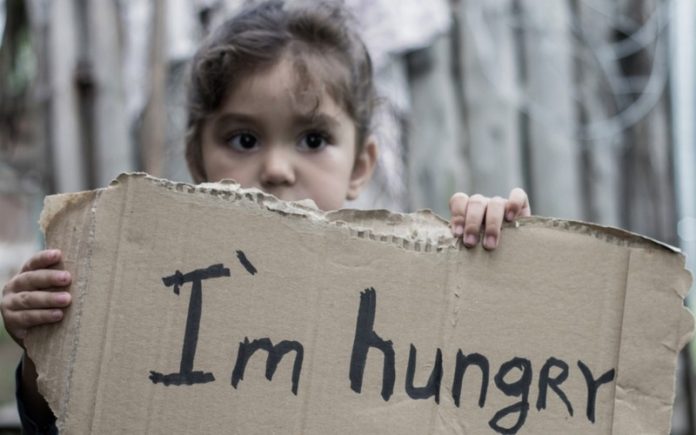Little Rock, Arkansas – According to a recent report published by the USDA, Arkansas ranks among the states with the highest rates of food insecurity.
According to the report, Arkansas had a higher rate of food insecurity in 2022—16.6% of households—than other states including Louisiana, Mississippi, and Texas. More than 1,700 Arkansas households were questioned for the study about their level of food security. Additionally, according to the USDA, 6.5% of state households had “very low” food security.
In 2022, Arkansas’s rate of food insecurity is greater than the 12.8% national average. Compared to 10.2% in 2021 and 10.5% in 2020, that represents a rise. Approximately 5% of households nationwide reported having “very low” levels of food security.
A commission led by the state’s former governor, Asa Hutchinson, issued a report on food access in December 2022, along with proposals to “eliminate food deserts.”
The state’s 62 counties were identified in the report as having “one or more communities that need improved access to food.”
The study suggests self-service marketplaces, online meal ordering, and using “grocery store as a public utility” as some of the remedies. The group provided four instances of those approaches used by other states to address issues with food access.
In order to improve food access, the group also suggested that the legislature and governor’s office endeavor to strengthen accountability within the state government. This would entail creating a legislative committee devoted to food access, providing financial incentives for the establishment of supermarkets in low-income communities, and enhancing access to state food assistance programs.
“While the vast majority of Americans are able to affordably feed themselves and their families, too many of our neighbors struggle to put healthy food on the table,” said Agriculture Secretary Tom Vilsack. “These numbers are more than statistics. They paint a picture of just how many Americans faced the heartbreaking challenge last year of struggling to meet a basic need for themselves and their children, and the survey responses should be a wake-up call to those wanting to further roll back our anti-poverty and anti-hunger programs.”

